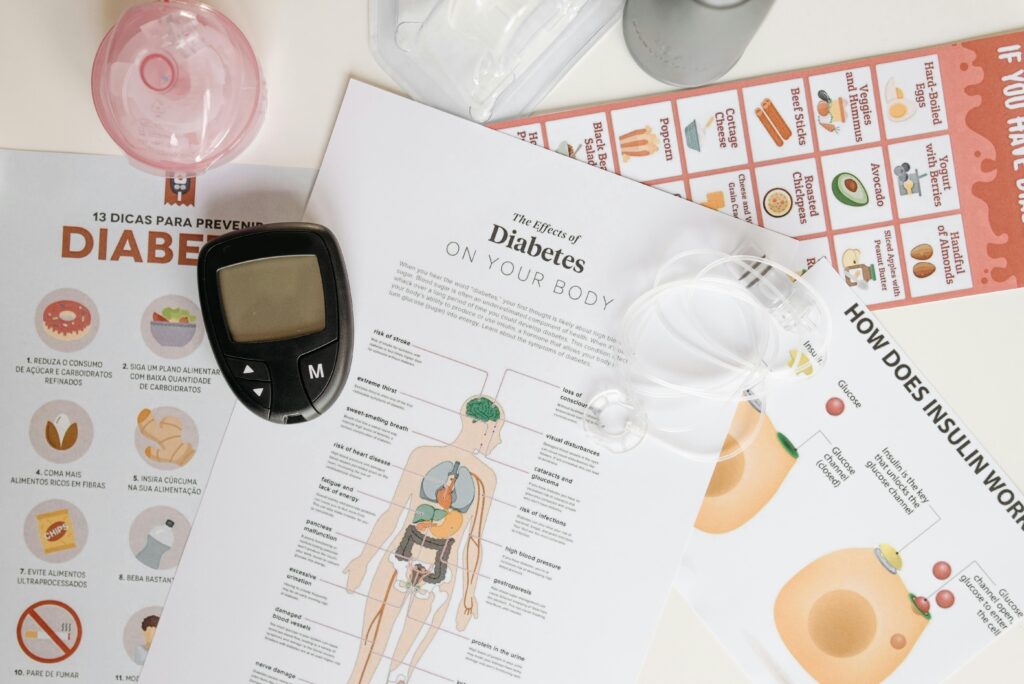Introduction
The heart is one of the most important organs in our body. As we grow older, it needs more care and attention. Many older adults live with high blood pressure (hypertension) or heart problems. These conditions can affect daily life, energy levels, and even memory. But 2025 has brought new hope. With the latest research and medical advances, heart health is becoming easier to manage and protect.
Smart Blood Pressure Monitoring at Home
One of the most exciting developments is the use of smart, wearable devices that check your blood pressure throughout the day. These devices look like regular wristbands or watches but track your blood pressure, heart rate, and even oxygen levels in real-time.
This means no more guessing or waiting for a doctor’s visit. The information can be shared with your doctor directly, allowing for faster changes in treatment. These tools are especially useful for older adults who want to avoid frequent hospital visits.
Personalized Heart Medications
Not all blood pressure medicines work the same for everyone. Some may cause side effects like dizziness, tiredness, or swelling. Now, doctors can do a simple test to find out which medicine will work best for each person.
This approach, called personalized medicine, means fewer side effects and better results. It is particularly helpful for older patients who may already be taking several other medications for different conditions.
Managing Blood Pressure Naturally
In 2025, researchers have confirmed that small lifestyle changes can greatly improve heart health. Simple steps like eating less salt, walking regularly, and getting enough sleep can help reduce high blood pressure.
New programs are helping people follow healthy routines more easily. These include apps, phone calls, or even local community health workers who guide older adults and their families on what to eat, how to move, and when to rest.
Artificial Intelligence in Heart Care
Artificial Intelligence (AI) is now being used to predict heart problems before they happen. AI tools look at a patient’s test results, medical history, and lifestyle to find early warning signs. Doctors can then act fast to prevent heart attacks, strokes, or other emergencies.
This means better planning, fewer surprises, and safer living—especially for older people who may already have other health issues.
Heart Valve Repair Without Major Surgery
Many older people suffer from valve problems that make the heart pump less effectively. In the past, fixing a valve meant open-heart surgery. But now, doctors can fix valves using a small tube called a catheter—without cutting open the chest.
This kind of procedure is safer, faster, and comes with a shorter recovery time. It’s a big win for seniors who might not be strong enough for full surgery.
Community Heart Clinics and Home Care
Across the country, new community-based heart health programs are growing. These bring doctors, nurses, and check-up services closer to home. Some even offer doorstep ECGs and home visits by heart specialists.
These services help elderly patients manage their heart and blood pressure issues comfortably from home, reducing the burden on family caregivers too.
Conclusion
Heart disease and high blood pressure are common, but they don’t have to control your life. The latest research in 2025 shows that with the right tools, support, and guidance, it’s possible to live a healthy, active life even with heart conditions.
Call to Action
Caring for your heart is the best gift you can give yourself and your family. Share this blog with loved ones who may benefit. Follow us to stay informed about health updates that make a real difference in everyday life.






